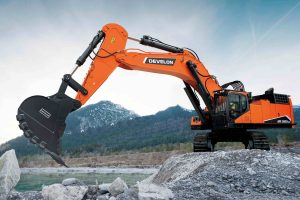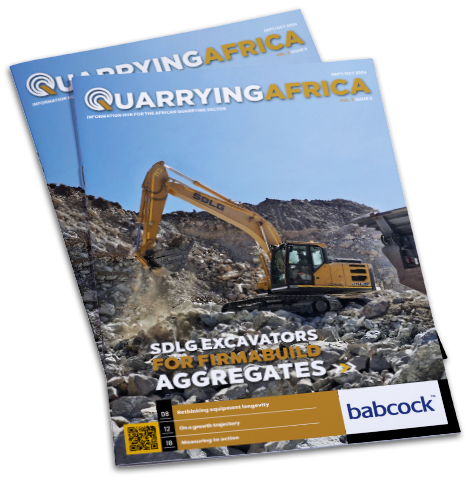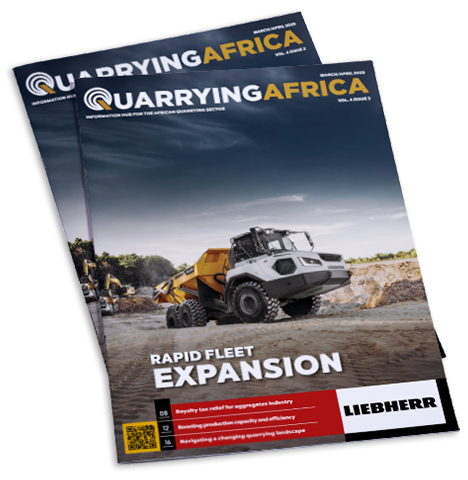Earlier this year Epiroc and SSAB announced a further expansion of their partnership to secure fossil-free steel for use in the production of Epiroc’s mining equipment. Since then, the two companies have expanded their collaboration into also exploring the possibilities to use fossil-free steel when manufacturing spare parts and components with additive technology.
The initial step in the process has been to create a prototype of a hydraulic block for a mining rock drill using additive technology with conventional steel powder. The traditional manufacturing with milling and drilling requires this type of part to be plugged and sealed after production. When using additive manufacturing six potential points of leakage can be eliminated. Another benefit is the possibility to improve the flow of the hydraulic oil since sharp edges can be avoided when the channels are printed in the part.
While traditional manufacturing uses a block of steel weighing approximately 50 kg, the optimised design for additive manufacturing uses 7,5 kg of steel for producing this part. This reduces the amount of material needed for production with 85% in this case, which leads to more efficient use of raw materials. The weight of the end-product is also significantly lower, in traditional manufacturing the part weighs 15 kg after manufacturing. The optimised design together with additive manufacturing makes the part weigh 6.6kg after production. This reduces the weight by 55%.
As rock drills are positioned far out on the feed of the drill rig the weight has a substantial impact and new technology opens the possibility to create stronger components without affecting the balance of the machine. Reduced weight on the feed could also improve the lifetime of other components due to the reduction of stress and load.
With the prototype successfully produced with additive manufacturing the next step in the process is to experiment with fossil-free steel powder. For Epiroc, new materials and methods create opportunities on many different levels.
“Production and shipping of spare parts are interesting areas for us to explore going forward. There is a lot of potential in many ways, we can decrease lead times, increase availability, cut-cost on transportation and most important of all – reduce our environmental footprint”, says Anders Flodman, Engineering manager at Epiroc. He continues, “In addition to this very interesting project, we also have a number of different initiatives in the pipeline to further explore and improve how we manufacture spare parts.”







